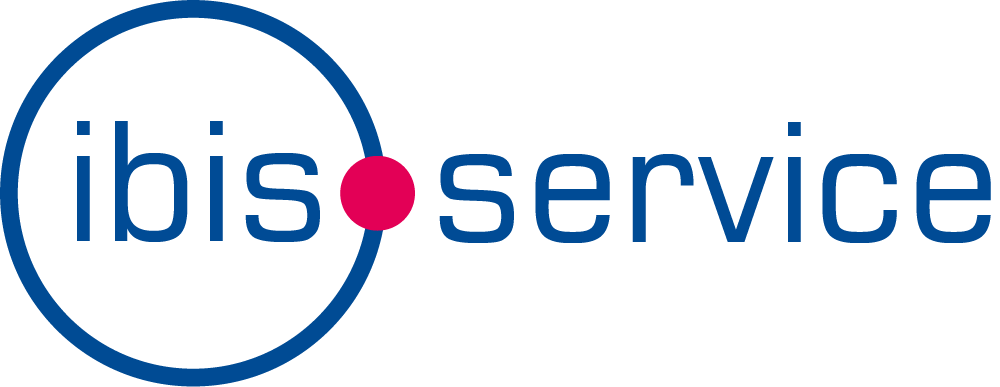What operating costs should be considered in fleet management?
What operating costs should be considered in fleet management?
Various operating costs should be taken into account in fleet management to ensure cost-effectiveness. Here are the most important cost factors:
- Fuel costsThe cost of gasoline or diesel is often the largest ongoing expense. It is important to monitor consumption per vehicle.
- Maintenance and repair costsRegular maintenance and unexpected repairs can contribute significantly to the cost structure. These include oil changes, brakes, tires and other wear parts.
- Insurance costs: Vehicle insurance, including third party and comprehensive insurance, is necessary and may vary depending on the type of vehicle and its use.
- Depreciation and amortizationThe depreciation of the vehicles over the years should be taken into account in order to realistically reflect the total cost of ownership.
- Taxes and feesThis includes road tax, registration fees and other government levies, which may vary from region to region.
- Vehicle leasing or financingIf vehicles are leased or financed, monthly installments are incurred which must be included in the cost planning.
- Driver and training costsCosts for hiring and training drivers, including wages and further training, are also important factors.
- Vehicle cleaning and careRegular cleaning and care of the vehicles to maintain their value and appearance.
- Telematics and fleet management softwareThe costs of systems for monitoring vehicle usage, route optimization and maintenance management can also be significant.
The precise analysis and monitoring of these costs helps to identify potential savings and increase the efficiency of the vehicle fleet.
